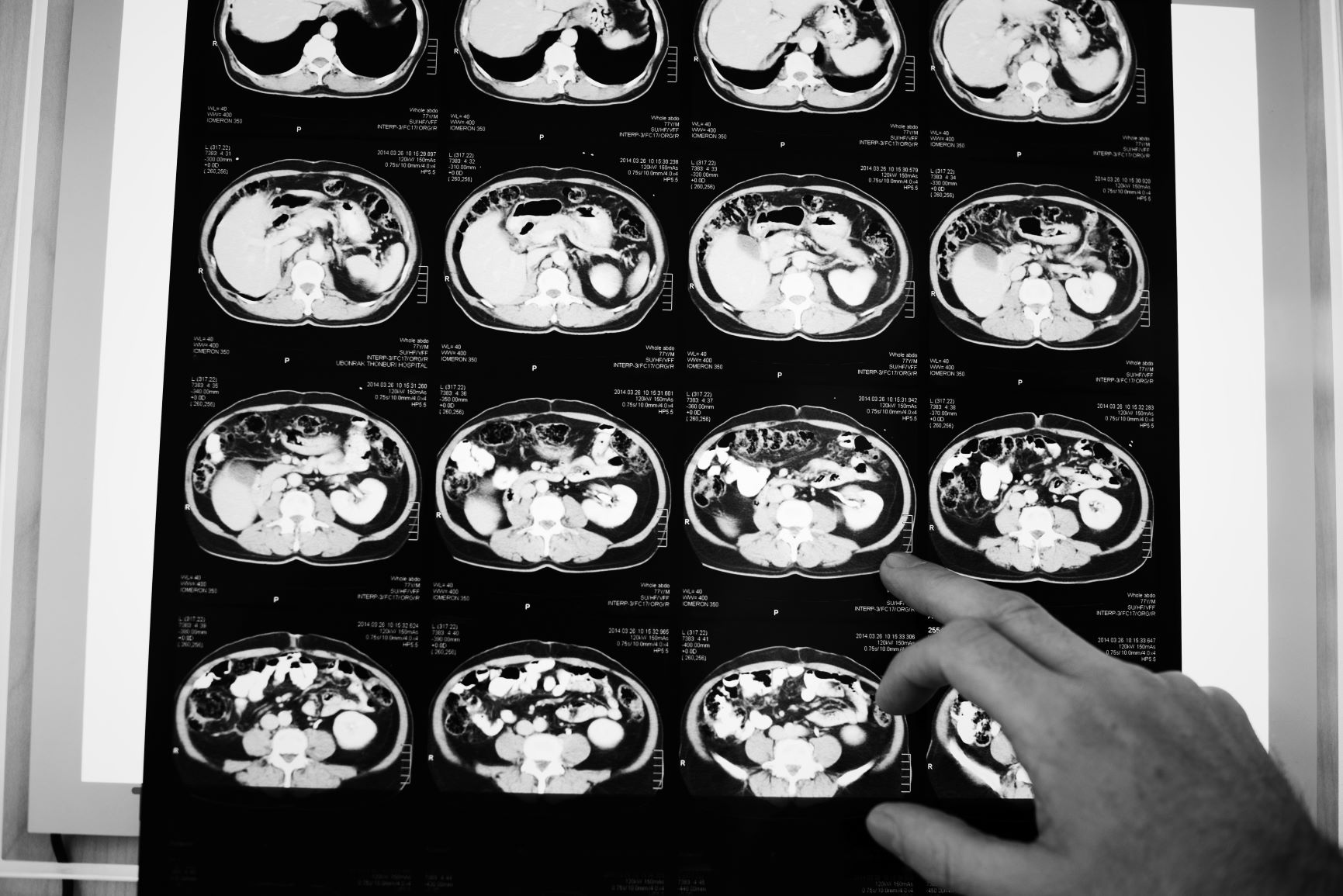Podcast: Play in new window | Download
Subscribe: Apple Podcasts | RSS | More
Many disorders of the mind are commonly treated by medication. But what if you could alter the brain itself, treating the problem at the source? This is exactly what deep brain stimulation does. These are implants that are placed deep within the folds of the brain and can treat all sorts of things – from Parkinson’s Disease to Alzheimer’s to depression.
But therapies involving the brain that are even more understood than deep brain stimulation are controversial, particularly, psychiatric electroceutical interventions and electroconvulsive therapy. They are feared. Is this fear founded? Is it because the implants use electricity? Or is it because of their unfavorable portrayal in the media, such as the very famous scene from One Flew Over the Cuckoo’s Nest?
Today, our guest is Dr. Laura Cabrera from Michigan State University. Laura is a neuroethicist who looks at the ethical and societal implications of deep brain implants, psychiatric electroceutical interventions, and electroconvulsive therapy. These therapies have profound effects on patients of various disorders, but sometimes they are poorly understood. The brain is a complex organ, and sometimes, strange things are changed when these patients receive therapy. Some patients even have elements of their personality changed. Does this mean they become a different person? And which way does the ethical pendulum swing – is it better to withhold treatment that could change someone’s life, or give them treatment even if it means they might change in unpredictable ways?
Background music you hear are clips from Dream on This Side by Ivan Chew licensed under CC by 3.0, night Rain by airtone licensed under CC by 3.0, The Descent and Bushwick Tarantella Loop by Kevin MacLeod (incompetech.com) licensed under CC by 3.0, and Asking Questions by Rafael Krux licensed under CC0.
